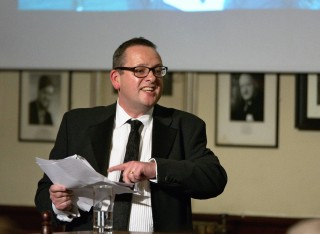Politics and International Relations
We are a thriving space for study, research and public engagement with a strong focus on applied politics. We are also globally recognised for our work in European politics and on international intervention.
Study with us
We seek to help you develop your understanding of the world and give you the tools to express that.
We offer a range of undergraduate, postgraduate and research courses. We also deliver a host of CPD and short courses.

Research
We are a leading centre for research in European and British politics and have a growing reputation in the area of international security and intervention. We also investigate international politics and policy, on people and power, as well as on institutions, theories and processes.
Events
Our staff members
Professor Amelia Hadfield
Director, CIFAL Surrey. Co-Director of the Institute for Sustainability. Associate Vice-President for External Engagement. Founding Director, Centre for Britain and Europe.








